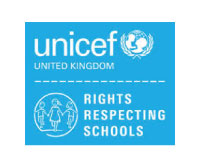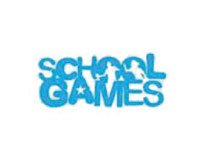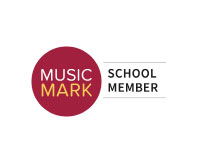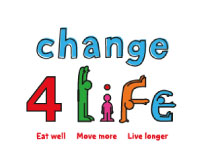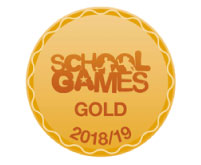Egglescliffe CE Primary School
Modern Foreign Languages Policy – Spanish
“Learning a language enriches the curriculum. It provides excitement, enjoyment and challenge for children and teachers, helping to create enthusiastic learners and to develop positive attitudes to language learning throughout life. The natural links between languages and other areas of the curriculum can enhance the overall teaching and learning experience. The skills, knowledge and understanding gained can make a major contribution to the development of children’s oracy and literacy and to their understanding of their own culture/s and those of others.” Efficient
The Key Stage 2 Framework for Languages (DfES 2005), Part Two page 4.
Introduction
At Egglescliffe CE Primary School we believe that the learning of a foreign language provides a valuable educational, social and cultural experience for our pupils. It helps them to develop communication skills including key skills of speaking and listening and extends their knowledge of how language works. Learning another language gives children a new perspective on the world, promotes global citizenship and encourages them to understand their own cultures and those of others.
Starting from September 2021 we will be beginning to teach Spanish as our MFL. By studying a foreign language, children are given the opportunity not only to learn about other cultures but, more importantly, to communicate with others too. It is also a thoroughly enjoyable subject to learn.
Aims and objectives of Primary Languages education at Egglescliffe CE Primary School:
The aims of primary language teaching at Egglescliffe CE Primary School are to:
- Foster an interest in language learning by introducing children to other languages in a way that is enjoyable and accessible to all pupils.
- Stimulate and encourage children’s curiosity about language.
- Support oracy and literacy, and in particular develop speaking and listening skills.
- Help children develop their awareness of cultural similarities and differences; and to provide a vehicle for multi-cultural understanding.
- Lay the foundations for future language study by pupils.
- Include an extra dimension to teaching and learning across the curriculum.
- Promote and enhance the use of ICT.
- Promote global citizenship.
Speaking and listening
The children will learn to:
- Listen carefully and recognise sounds and combinations of sounds which are similar to, or different from, those of English.
- Understand and respond with increasing competence, accuracy and confidence in a range of situations.
- Join in songs, rhymes, raps and stories which enable them to practise the sounds of the language in an enjoyable and unpressured way.
- Take part in conversations at an appropriate level, reacting to instructions and questions and expressing opinions and feelings.
- Memorise and recite short texts, and prepare and give a talk on a familiar subject confidently and with regard for the audience.
Reading and writing
The children will learn to:
- Remember grapheme-phoneme correspondences and vocabulary directly taught and reinforced through word games and similar activities.
- Read stories and rhymes for enjoyment and to gain awareness of the structure of the written language.
- Read, copy and write independently familiar words and simple phrases in context e.g. classroom items, display labels, weather chart, date.
- Write sentences and short texts independently and from memory.
Intercultural understanding
The children will learn to:
- Describe the life of children in the countries where the language is spoken.
- Identify similarities and differences in everyday life, social conventions, traditional stories and celebrations.
- Recognise how symbols, products and objects can represent the culture of a country, and how aspects of the culture of different countries become incorporated in the daily life of others.
- Recognise and mistrust stereotypes, and understand and respect cultural diversity.
To access our full Policy please click here



